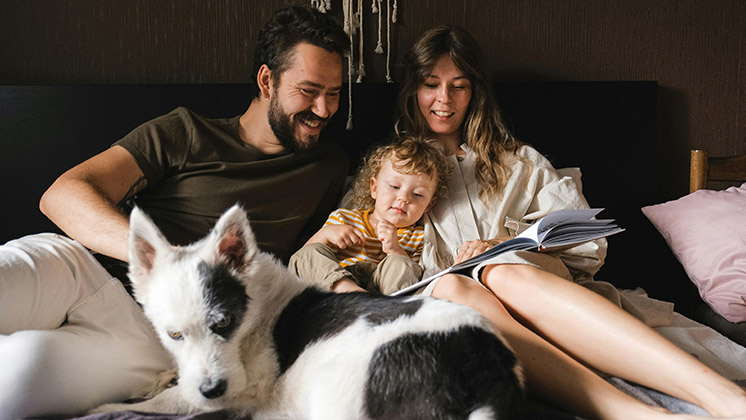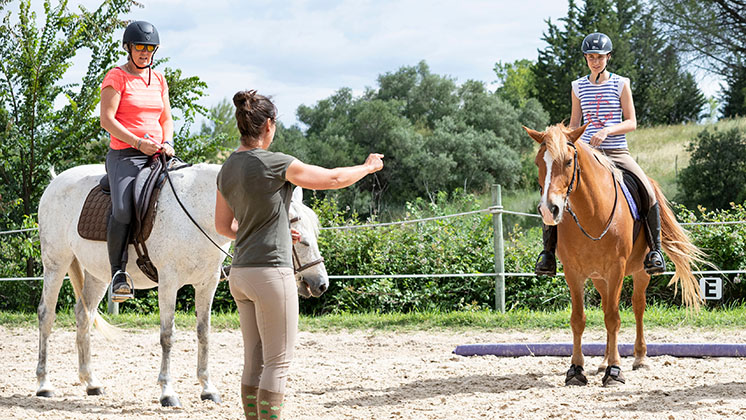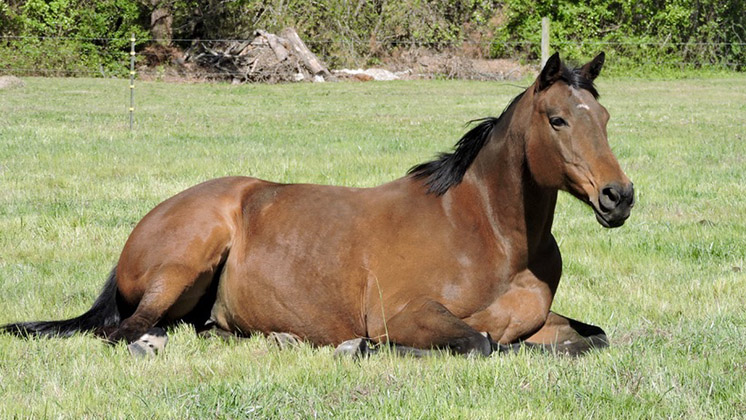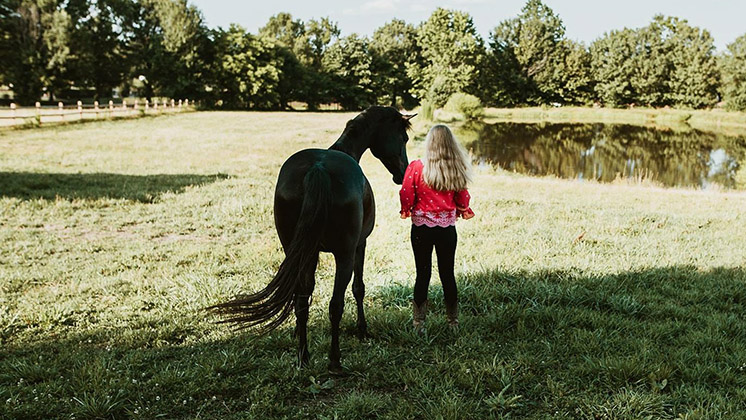PTSD Service Dogs for Veteran Families

Service dogs trained to support veterans with posttraumatic stress disorder (PTSD) have gained attention for their role in easing trauma symptoms. But while these canine companions can greatly benefit veterans themselves, what about their families? A recent study sheds light on this important question, offering insights into the often-overlooked experiences of spouses living with a veteran and a service dog.
A Closer Look at the Study
The research involved 88 spouses of U.S. military veterans, split between those whose partners received PTSD service dogs and those waiting for one. Spouses completed surveys at the start and three months later, assessing various aspects of mental health, caregiver experiences, and family dynamics.
Key Findings
- Increased Caregiver Burden: Spouses living with service dogs reported higher levels of caregiver burden compared to those on the waitlist. This added stress could be linked to the responsibilities of caring for the dog, such as training and healthcare, which may sometimes fall to the spouse.
- Lower Caregiver Satisfaction: The presence of a service dog seemed to reduce satisfaction in caregiving. This could stem from feelings of being replaced or less "needed" as the veteran became more independent with the dog's help. Some spouses even noted that the dog could interrupt or complicate intimate moments.
- Boosted Activity Participation: On a more positive note, spouses with service dogs participated in more activities. This finding hints that service dogs may help create opportunities for social engagement, benefiting the overall activity levels of veteran families.
The Complex Picture
While service dogs are trained specifically to assist veterans, they become integral parts of households, impacting everyone under the same roof. Although the dogs are celebrated for helping veterans reconnect with society and reduce PTSD symptoms, the effect on family members can vary, leading to mixed experiences of stress and joy.
What Can Be Done?
Better preparation and education for families could make a significant difference. Teaching families what to expect and how to navigate challenges with the service dog might foster a smoother integration and more supportive environment for all involved.
Final Thoughts
PTSD service dogs undeniably provide life-changing support to veterans. Yet, this study serves as a reminder that the wellbeing of the entire family should be considered to ensure these furry heroes truly enhance home life, not complicate it.
Read the Research Paper
This article was based on the research of Dr. Leanne Nieforth and the HAPI lab. Read the research:
Suggested Articles

A Helmet That Fits: Making Equine-Assisted Services Safer for Participants
A study shows how poorly fitting equestrian helmets can limit access to equine-assisted services and participant safety.
Read more
Navigating Grief in Equine-Assisted Services Programs
Discover how equine-assisted services practitioners navigate the emotional and practical challenges of losing a program horse, with insights on grief, memorials, and community support.
Read more
How Horses Help Adolescents Build Resilience
Discover the transformative power of Equine Assisted Psychotherapy (EAP), blending traditional therapy with horse-guided healing to help adolescents overcome trauma, build resilience, and foster emotional growth.
Read more
